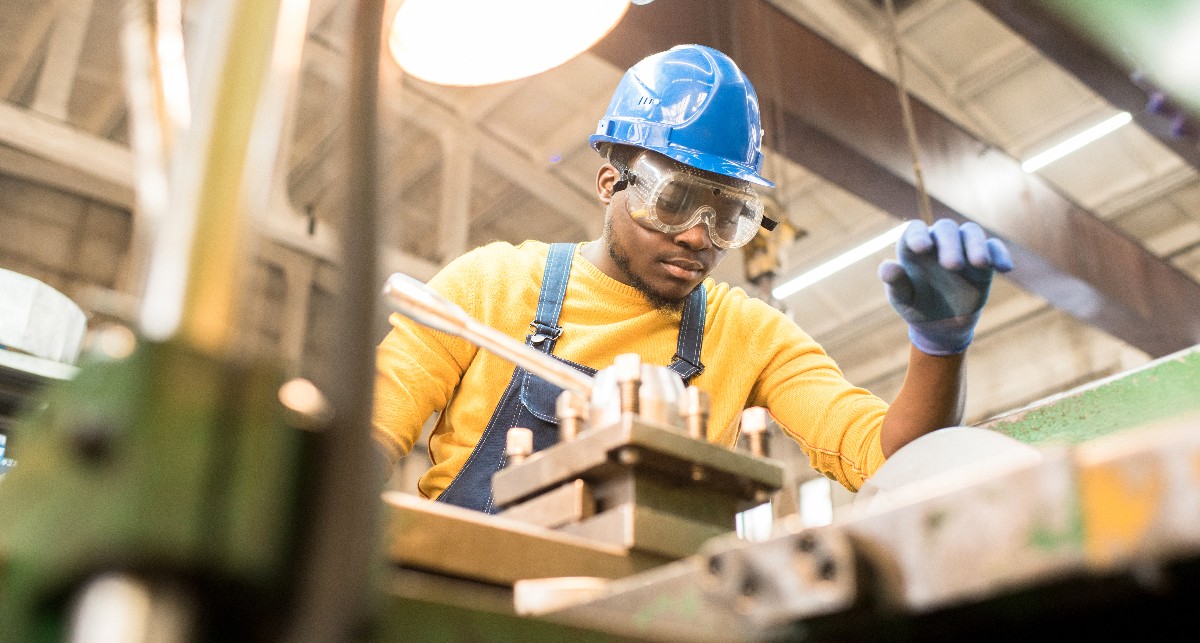“Significant inflation is a major challenge” stated a recent National Defense Industrial Association report, which also noted that the U.S. Department of Defense will need an extra $42 billion in the next fiscal year due to rising prices across the industry.
It’s no surprise that inflation is also making it tough on manufacturing and aerospace companies down the production line as well, with some U.S. defense companies stuck in contracts with no option for renegotiation and short-term forecasts calling for reductions in military spending.
So how does the manufacturing industry–especially smaller businesses within that industry–navigate these higher prices and volatile market conditions?
As noted by Reuters, “Small companies are important to the health of the defense industrial base, as they compete with each other and help the Pentagon drive down costs of contracts.”
Defense Manufacturing Needs To Get Smarter To Battle Inflation
Due to the rigid nature of Department of Defense contracts, it makes it very difficult for small businesses to negotiate prices with the Pentagon.
A memo released by the Pentagon on September 9 stated that only under “extraordinary circumstances” would existing fixed-priced contracts be adjusted to account for inflation.
Because of this, companies must start looking at other ways to battle the rising costs. We need to start doing business smarter. So, what can we do to ensure the survival of our companies and a profitable future?
Vendors must identify and follow their corporate values, allowing them to guide decision-making. This includes choosing their customers wisely and ensuring that the partner also adheres to similar corporate values. Only from this basis will both parties build a trusting relationship where a mutual understanding of their symbiotic relationship is paramount.
As this trusting relationship takes shape both parties can then navigate contract renegotiations, and pricing adjustments in a transparent nature to find mutually beneficial solutions. When relationships break down and vendors fail, we all fail. There must be an understanding between all levels of the industry that we all need each other.
The landscape is changing quickly and there are few who will be immune to the impacts of inflation. It behooves us all to find partners who understand the importance of creative strategic thinking and teamwork both internally and externally. When there is minimal relief coming from the top of the food chain during uncertain times, everyone else has to work together even more.





